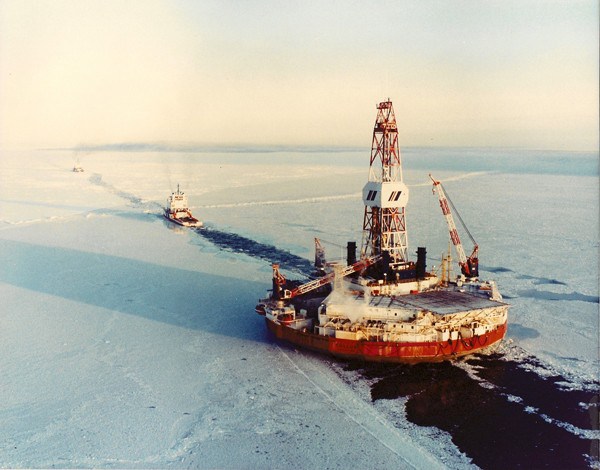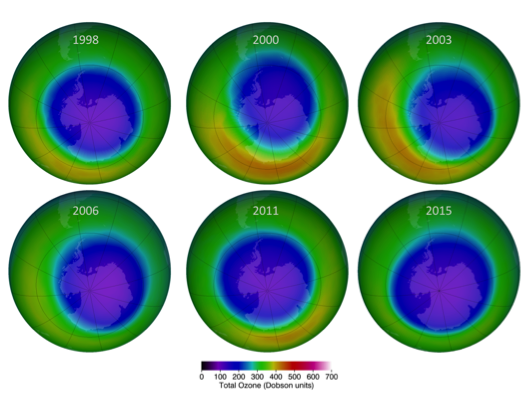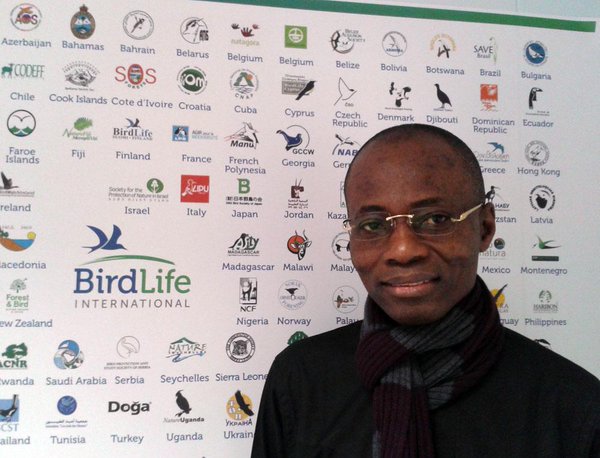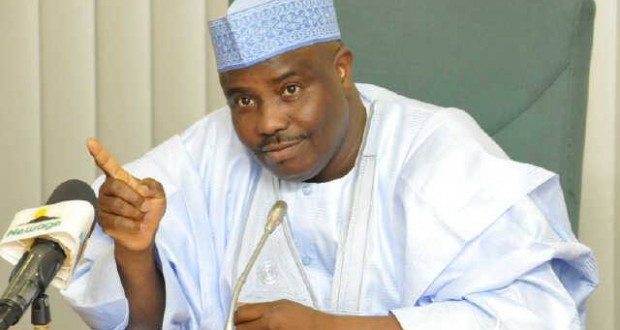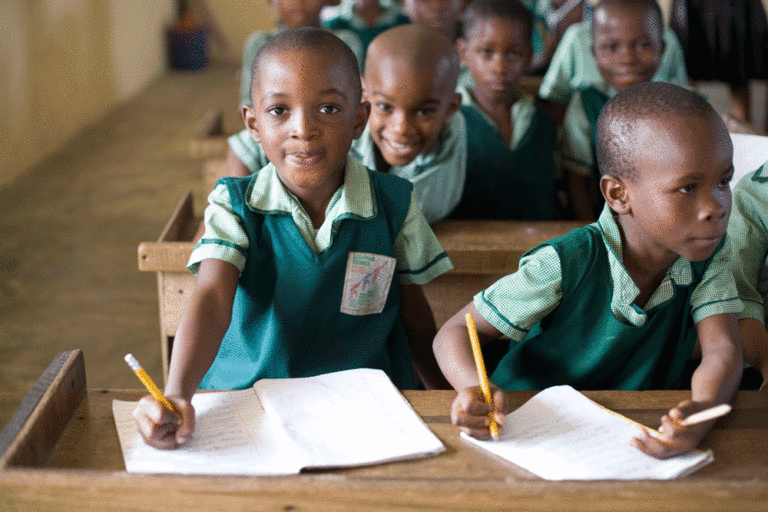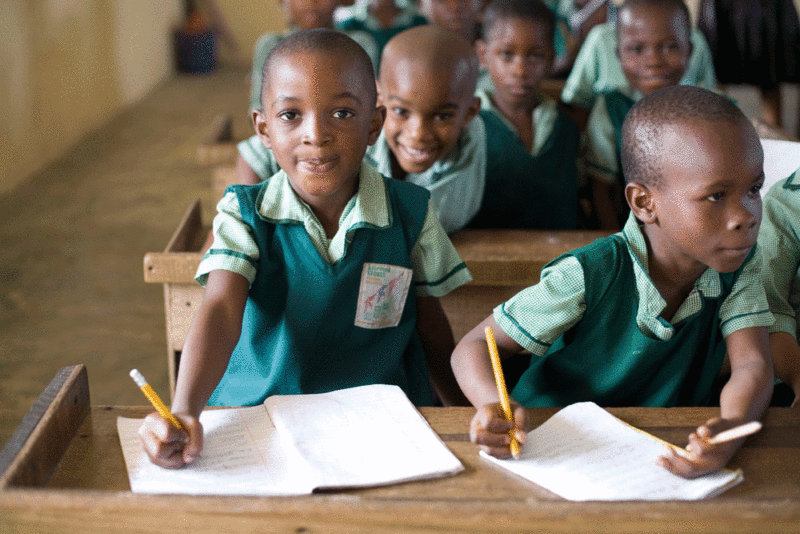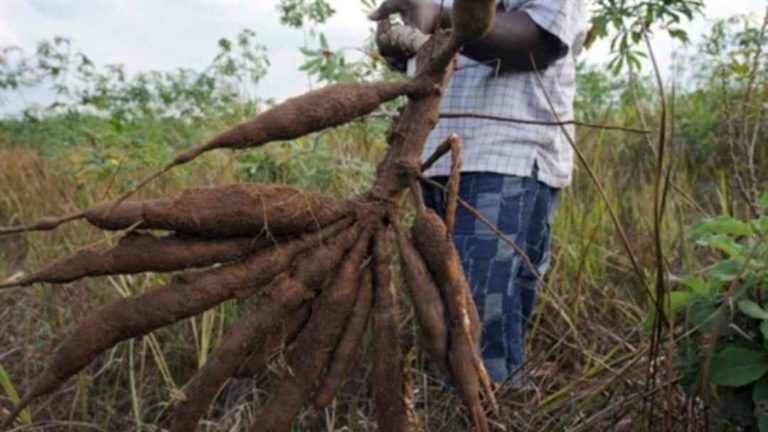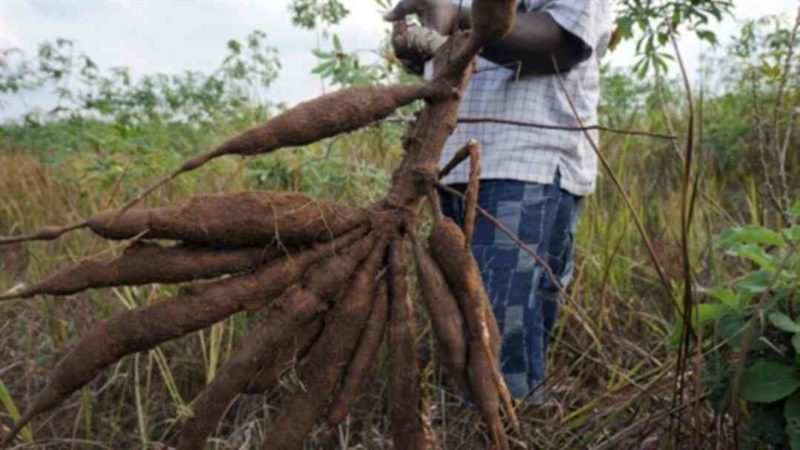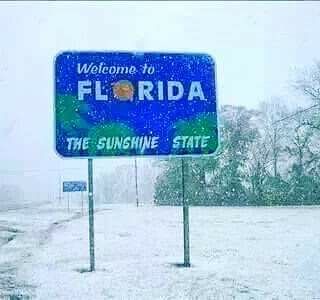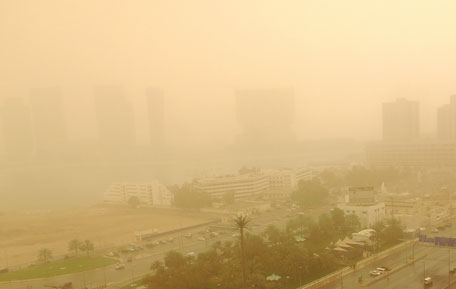The Socio-Economic Rights and Accountability Project (SERAP) has sent an urgent appeal to Prince Zeid Ra’ad Al Hussein, the UN High Commissioner for Human Rights, urging him to use his leadership position to “urgently call and/or facilitate the holding of a special session of the UN Human Rights Council to address persistent killings apparently by herdsmen in Benue State of Nigeria and other parts of the country.”
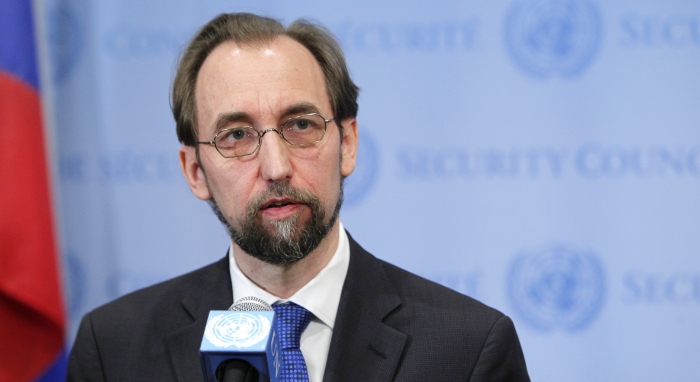
The organisation also urged Prince Al Hussein to “speak out strongly and condemn the killings apparently by herdsmen in the country, and make an official visit to Nigeria with special rapporteurs with relevant mandates to discuss the killings and concrete actions to end the killings and ultimately bring about significant improvements in the lives of farmers and their families as well as other citizens affected by violence across the country.”
In an urgent appeal dated Saturday, January 6, 2018 and signed by SERAP executive director Adetokunbo Mumuni, the organisation said, “The UN Human Rights Council’s ability to successfully expose and hold perpetrators of human rights violations to account may be under threat if your office continues to ignore or pay little attention to the crimes and abuses apparently by herdsmen and other unknown perpetrators in Nigeria.”
The organisation said, “While we acknowledge that the council has made significant contributions to human rights elsewhere, we are concerned that the violence and killings in Nigeria rarely attract the attention of the UN and particularly, your office. It is time for your office to speak out strongly against the continuing killings by herdsmen in Nigeria for the sake of thousands of victims and their families who continue to lack access to an effective remedy, including truth, justice and full and effective reparation.”
Suspected herdsmen on Saturday killed at least 11 persons in a fresh attack on Tombu village in Logo Local Government Area of Benue State. This followed the alleged killing earlier in the week of at least 33 people apparently by herdsmen in the state.
The urgent appeal reads in part: “The killings in Benue State of Nigeria and the distressing situation of farmers and their families paint a stark picture of the grave abuses carried out apparently by herdsmen and the impunity that they continue to enjoy. The actions of herdsmen hinder meaningful progress towards stability, development and peace in the country.
“We also urge your office to facilitate the process of creating a commission of inquiry to investigate killings by herdsmen in Nigeria, and to uncover, name and shame cow owners that hire the herdsmen, as such owners may be criminally complicit in the killings. The involvement of your office will ensure solid investigations into the alleged killings, and help draw international attention to the problem, which in turn will go a long way in putting pressure on the Nigerian authorities to take concrete and meaningful steps to end the killings and bring suspected perpetrators to justice.
“SERAP notes that the Human Rights Council was created in 2006 to replace the failed UN Commission on Human Rights, which had largely been unwilling to address real human rights concerns in deserving countries.
“The council needs to be vigilant to avoid the problems that plagued its predecessor, including a loss of relevance from failing to speak out on human rights violations and abuses in deserving countries, such as Nigeria. We urge your office to seek full respect for the right to life, to personal security and dignity, to property, and other human rights of farmers and other Nigerians, consistent with the international human rights standards your office has sworn to uphold.
“Nigeria is a member of the Human Rights Council, and has ratified several UN human rights treaties, including the International Covenant on Civil and Political Rights; and the Convention on the Rights of the Child. Nigeria has also ratified the African Charter on Human and Peoples’ Rights, which has in fact become part of the national laws.
“The Human Rights Council cannot be silent when innocent citizens are caught up in violence such as the one going on in Benue State. The international community must strive to deliver justice to victims of human rights violations and abuses wherever they occur and ensure that those found to be responsible for such crimes are brought to justice.
“SERAP strongly believes that the holding of a special session on the violence and killings apparently by herdsmen in Benue State and elsewhere in Nigeria would contribute to a speedy end to the problem, and to peace and greater respect for human rights of farmers and their families as well as other citizens.
“The holding of a special session on the killings in Benue State will be consistent with the practice of the Human Rights Council regarding its previous special sessions on the Occupied Palestinian Territories; Lebanon; Darfur; Myanmar; the Democratic Republic of the Congo; the Global Food Crisis and the Global Economic and Financial Crises, among others.”
SERAP therefore urged Prince Al Hussein to:
- Urgently facilitate a special session of the UN Human Rights Council to discuss the persistent killings by herdsmen and other unknown perpetrators in Benue State of Nigeria and other parts of the country with a view to ending the problem and ensuring access of victims and their families to an effective remedy, including truth, justice and full and effective reparation;
- Speak out strongly and condemn the killings by herdsmen and other unknown perpetrators in the country, and make an official visit to Nigeria with special rapporteurs having relevant mandates to discuss the killings and concrete actions to ultimately end the problem, and bring about significant improvements in the lives of farmers and their families as well as other citizens affected by violence across the country;
- Put pressure on the Nigerian authorities to allow and facilitate the visits of Special Procedures mandate holders to investigate years of violence and killings by herdsmen and other unknown perpetrators in the country with complete impunity;
- Prevail on the Nigerian authorities to fulfil its obligations under the Rome Statute of the ICC to investigate fully, effectively, fairly, independently and impartially and bring to justice those suspected to be responsible for crimes against humanity in the context of the on-going attacks and violence in Benue State and elsewhere in the country;
- Use the opportunity of the special session to urge other states to exercise universal jurisdiction over the killings and violence in Benue State and elsewhere in the country.

